Energy Efficiency and Energy Savings: A View from the Building Sector
 A survey of senior building sector executives on the feasibility of implementing energy efficiency measures across their sector in China, Europe, India and the U.S.
A survey of senior building sector executives on the feasibility of implementing energy efficiency measures across their sector in China, Europe, India and the U.S.
34 result(s) found
 A survey of senior building sector executives on the feasibility of implementing energy efficiency measures across their sector in China, Europe, India and the U.S.
A survey of senior building sector executives on the feasibility of implementing energy efficiency measures across their sector in China, Europe, India and the U.S.
 Briefing
Briefing
A survey of senior building sector executives on the feasibility of implementing energy efficiency measures across their sector in China, Europe, India and the U.S.
 Highlights
Highlights
A survey of senior building sector executives on the feasibility of implementing energy efficiency measures across their sector in China, Europe, India and the U.S.
 Case Study
Case Study
A survey of senior building sector executives on the feasibility of implementing energy efficiency measures across their sector in China, Europe, India and the U.S.
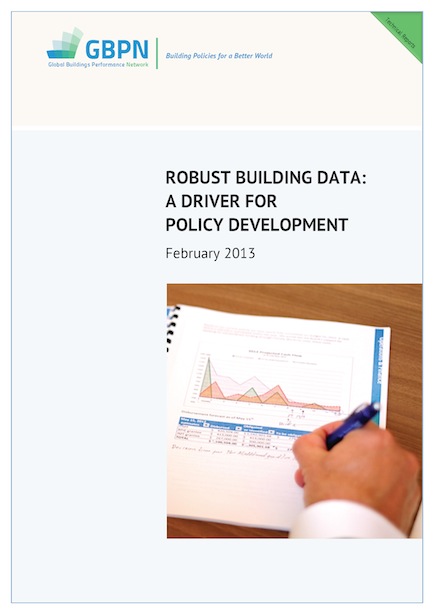 本报告就四个地区数据质量和数据的可利用性问题进行了分析,同时也提醒了我们需要完成多少工作才能建成一个强大而全面的建筑数据库,并提出了实现这个数据库的可行性建议。
本报告就四个地区数据质量和数据的可利用性问题进行了分析,同时也提醒了我们需要完成多少工作才能建成一个强大而全面的建筑数据库,并提出了实现这个数据库的可行性建议。
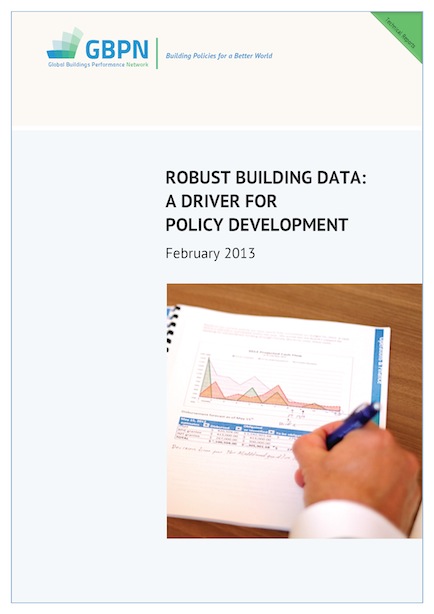 本报告就四个地区数据质量和数据的可利用性问题进行了分析,同时也提醒了我们需要完成多少工作才能建成一个强大而全面的建筑数据库,并提出了实现这个数据库的可行性建议。
本报告就四个地区数据质量和数据的可利用性问题进行了分析,同时也提醒了我们需要完成多少工作才能建成一个强大而全面的建筑数据库,并提出了实现这个数据库的可行性建议。
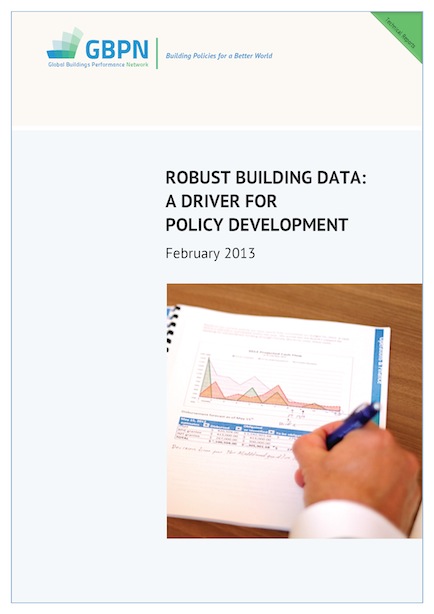 Technical Report:
Technical Report:
Discover where things stand regarding building energy data quality and availability in our four regions, this report reminds us of how far we have to go before a robust and comprehensive set of building data is in place and provides some recommendations of how we can get there.
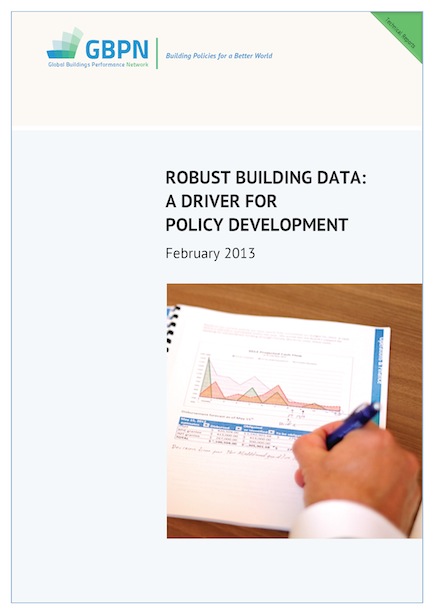 Data Annex
Data Annex
Discover where things stand regarding building energy data quality and availability in our four regions, this report reminds us of how far we have to go before a robust and comprehensive set of building data is in place and provides some recommendations of how we can get there.
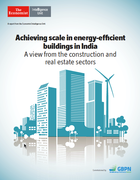 The Economist Intelligence Unit (EIU) report "Achieving scale in energy-efficient buildings in India: A view from the construction and real estate sectors" commissioned by the GBPN explains the challenges and opportunities of investing in energy efficiency in buildings in India.
The Economist Intelligence Unit (EIU) report "Achieving scale in energy-efficient buildings in India: A view from the construction and real estate sectors" commissioned by the GBPN explains the challenges and opportunities of investing in energy efficiency in buildings in India.
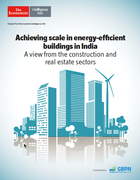 A report from the Economist Intelligence Unit (EIU), commissioned by the GBPN finds that while India’s commercial building sector has blazed the energy-effiency trail in the building sector, achieving significant scale will depend on efficiency measures becoming standard practice in the commercial middle market, retrofit and, particularly, the residential building segment.
A report from the Economist Intelligence Unit (EIU), commissioned by the GBPN finds that while India’s commercial building sector has blazed the energy-effiency trail in the building sector, achieving significant scale will depend on efficiency measures becoming standard practice in the commercial middle market, retrofit and, particularly, the residential building segment.
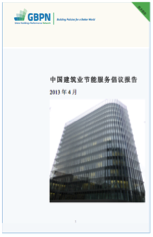 Executive Summary
Executive Summary
GBPN conducted a study on the factors affecting the use of ESCO models for the retrofit of existing buildings in China, identifying current barriers to the development of the Chinese ESCO market, while also researching best-practice examples of ESCOs globally and investigating the feasibility of introducing those examples to China.
This report assesses the extent to which it would be feasible for the non-residential building sector as a whole, and for individual building forms, to achieve net zero energy and/or greenhouse gas emissions by 2050.
The potential strategies to reach this goal that are analysed in this study include:
Improving energy efficiency has long been advocated as a way to increase the productivity and sustainability of society, primarily through the delivery of energy savings. The impact of energy efficiency measures can go far beyond energy savings, and energy efficiency improvements can be an important contributor to economic growth and social development.
The untapped / hidden benefits of environmental policies are huge, this piece of research showcases and places a monetary value on the added benefits to our health, society and the economy that environmental investments and policy linked to energy efficiency can bring. Findings show that green policies can improve both our health and the economy and can go hand-in-hand. This study provides guidance to policy and decision-makers in developing a methodology for the inclusion of multiple benefits in a cost/benefit assessment of energy efficiency policy.
Around the world, engineers, architects and policymakers have been exploring ways to deliver highly efficient buildings whose reduced energy demand is satisfied by clean, renewable energy. Building off of the broader concept of a green or sustainable building, the concept of the “net zero building” focuses on the energy dynamics and performance of the building. And as policymakers and leaders align toward the net zero concept, the focus on achieving deep energy efficiency has centered on integrated technologies as well as ways to connect buildings to the natural environment.
Improving residential energy efficiency is widely recognised as one of the best strategies for reducing energy demand, combating climate change, and increasing security of energy supply. However, progress has been slow to date due to a number of market and behavioural barriers that have not been adequately addressed by energy efficiency policies and programmes. This study is based on updated findings of the European Futures for Energy Efficiency Project that responds to the EU Horizon 2020 Work Programme 2014–2015 theme ‘Secure, clean and efficient energy’.